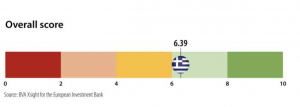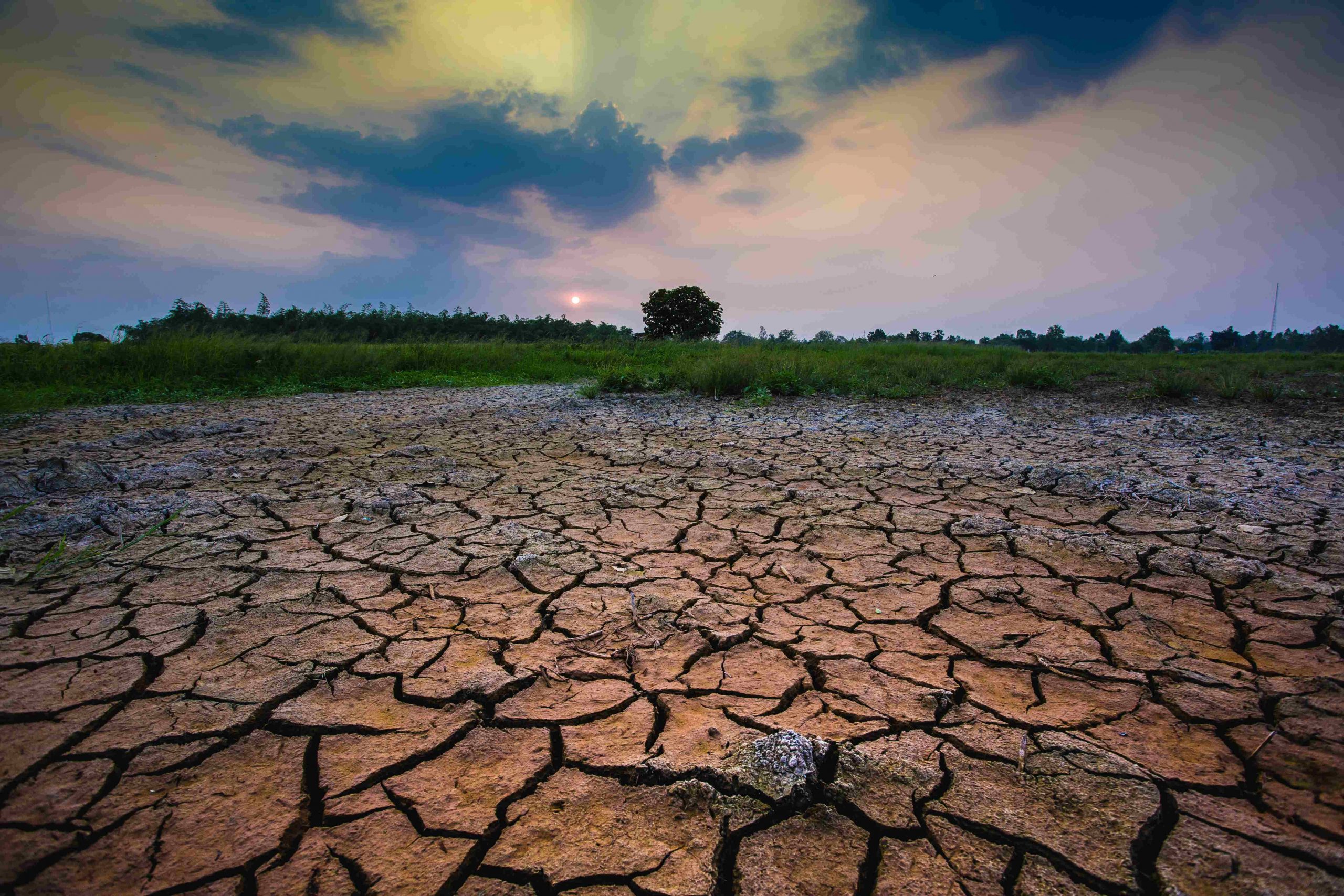Greeks are very much aware of the impact of climate change but still have a long way to go to identify possible solutions, the European Investment Bank (EIB) Climate Survey reveals this week.
More specifically, according to the survey conducted on more than 30,000 participants in 35 countries, including the UK, the US, Japan, Canada, and EU states, Greeks appear to have a solid understanding of the causes and consequences of climate change but lack knowledge about effective solutions.
Overall, Greek respondents came close to the EU average (6.37) in terms of understanding the causes and effects of climate change with a score of 6.39 out of 10. Leading the way were respondents in Finland with a score of 7.22, Luxembourg (7.19), and Sweden (6.96).

Key takeaways of the EIB study include:
- 87% of Greeks are aware of the negative impact of climate change on human health
- 88% said climate change is worsening world hunger by affecting crop yields due to extreme weather
- 72% of Greeks said that the global sea level is rising
- 74% said climate change is affecting migration patterns.

However, when it came to knowledge about combating climate change Greeks scored 4.08 out of 10 below the EU average of 4.25. While 78% were informed about the benefits of using recyclable products and 70% understood the importance of using public transport, only 43% were aware that better insulating buildings can help. Additionally, only 28% were aware that buying new clothes less frequently could also ease climate change and 20% that reducing the speed limit on roads would help.

Referring to the importance of addressing knowledge gaps, EIB Vice-President Ioannis Tsakiris highlighted the EIB’s role in financing climate initiatives and promoting climate education. Recent EIB investments in Greece include €810 million for climate projects and loans to energy network operators to support the country’s energy transition.
“Education is a powerful tool for change. We are committed to complementing our financing with initiatives that promote climate awareness and knowledge in Greece, as well as across the European Union,” he said.



